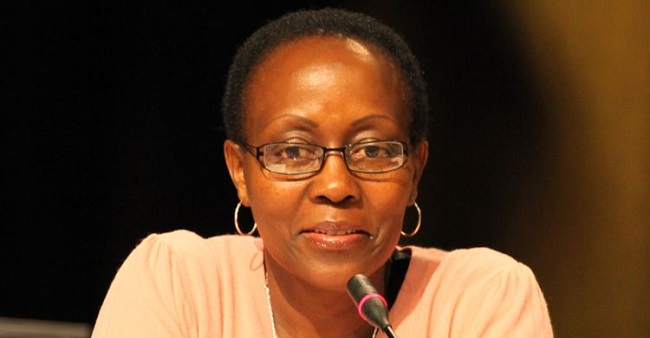Due to the ongoing situation following the outbreak of the novel coronavirus 2019, the Secretariat of the Convention on Biological Diversity (CBD), in consultation with the Government of the People’s Republic of China, the COP (Conference of the Parties) Presidency and the Co-Chairs of the Open-ended Working Group on the Post-2020 Global Biodiversity Framework (WG2020-2), has decided that the second meeting of the Working Group will take place in Rome, Italy at the headquarters of the Food and Agriculture Organisation of the United Nations (FAO) on the same dates, from February 24 to 29, 2020.

“The CBD Secretariat recognises the enormous efforts being taken by the Government of the People’s Republic of China to control the outbreak and the need to avoid any disruption of these efforts,” said Elizabeth Maruma Mrema, CBD Acting Executive Secretary.
“We also very much appreciate the substantial efforts that the Government of China through the Ministry of Environment and Ecology as well as the Yunnan Province and the City of Kunming has taken to make this meeting a success,” she added.
The Thematic Consultation on Transparent Implementation, Monitoring, Reporting and Review for the Post-2020 Global Biodiversity Framework and the Thematic Consultation on Capacity-Building and Technical and Scientific Cooperation for the Post-2020 Global Biodiversity Framework, will also take place from February 20 to 22, 2020 and from March 1 to 2, 2020, respectively, as previously scheduled.
The Open-Ended Working Group on the Post-2020 Global Biodiversity Framework was tasked with advancing preparations for the development of the post-2020 global biodiversity framework. This process is expected to lead to the adoption the new framework at the UN Biodiversity Conference, in October 2020, in Kunming, China.
The CBD Secretariat released the zero draft of the global biodiversity framework on January 13, 2020. The framework “builds on the Strategic Plan for Biodiversity 2011-2020” and aims to bring about a “transformation in society’s relationship with biodiversity and to ensure that, by 2050, the shared vision of living in harmony with nature is fulfilled.”
The CBD opened for signature at the Earth Summit in Rio de Janeiro in 1992, and entere into force in December 1993. It is an international treaty for the conservation of biodiversity, the sustainable use of the components of biodiversity and the equitable sharing of the benefits derived from the use of genetic resources.
With 196 Parties, the Convention has near universal participation among countries. The Convention seeks to address all threats to biodiversity and ecosystem services, including threats from climate change, through scientific assessments, the development of tools, incentives and processes, the transfer of technologies and good practices and the full and active involvement of relevant stakeholders including indigenous and local communities, youth, NGOs, women and the business community.
The Cartagena Protocol on Biosafety and the Nagoya Protocol on Access and Benefit Sharing are supplementary agreements to the Convention. The Cartagena Protocol, which entered into force on September 11, 2003, seeks to protect biological diversity from the potential risks posed by living modified organisms resulting from modern biotechnology. To date, 172 Parties have ratified the Cartagena Protocol.
